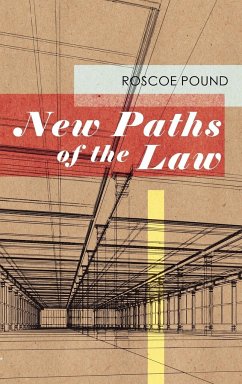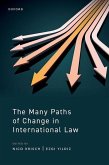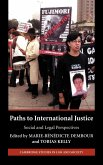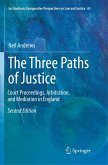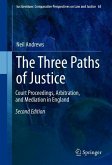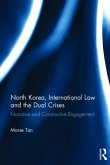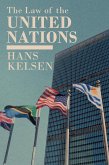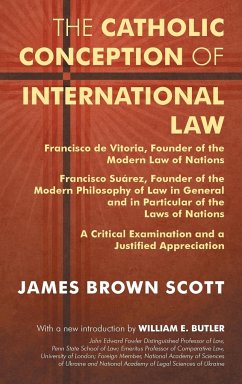New Paths Dissects the Legal Trends of Late 1940s Notable for their conservatism, which became more pronounced in subsequent publications, these lectures reflect on developments in the international legal order during the late 1940s. Pound detected three legal "paths": those of liberty, humanitarianism and authoritarianism. The first, which he endorses, seeks to realize a maximum of free individual self assertion. Legal humanitarianism, which he criticizes heavily, is the expansion of injury law to include social redress and consumer protection. His antipathy toward the authoritarian path goes beyond a condemnation of authoritarian regimes like the Soviet Union to a rejection of any form of social legislation, such as socialized medicine or state-run pensions. These lectures were delivered at the University of Nebraska (where Pound had been dean of the College of Law from 1902-1907) and marked the establishment of the Roscoe Pound Lectureship Series. "This book, . . . by its very thinness may succeed in luring attention away from competing attractions, since here one may, with the expenditure of only a little time, obtain the reaction of one of the giants of jurisprudence to our confused, complex and turbulent modern legal scene." --North Carolina Review 93 (1950-1951) 29 Roscoe Pound [1870-1964] was a pre-eminent legal educator, scholar and prolific author. A professor at Harvard Law School for most of his career, and its dean from 1916-1936, he taught throughout the world in his later years. His five volume Jurisprudence (1959) is considered one of the most important contributions to the world's legal literature of the twentieth century.
Hinweis: Dieser Artikel kann nur an eine deutsche Lieferadresse ausgeliefert werden.
Hinweis: Dieser Artikel kann nur an eine deutsche Lieferadresse ausgeliefert werden.

